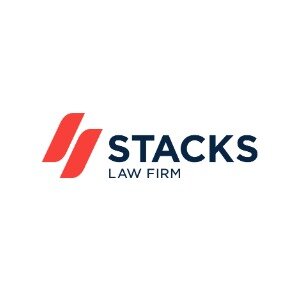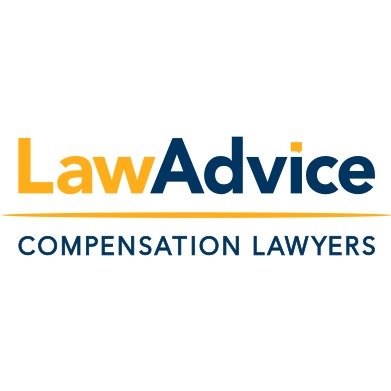Best Car Accident Lawyers in Hornsby
Share your needs with us, get contacted by law firms.
Free. Takes 2 min.
List of the best lawyers in Hornsby, Australia
About Car Accident Law in Hornsby, Australia
The law surrounding car accidents in Hornsby, Australia is designed to address various complications that occur due to traffic incidences. The law primarily focuses on determining liability, compensations for injuries or damages, and procedures for reporting accidents. Legislation such as the Civil Liability Act 2002 and the Road Transport Act 2013 applies across New South Wales, including Hornsby.
Why You May Need a Lawyer
If you've been involved in a car accident, it can be beneficial to seek legal advice. Common situations where you may need a lawyer include: when the accident caused severe injuries or significant car damage, disputes over who is at fault, dealing with insurance companies, or when legal proceedings are initiated against you. A lawyer can help in such cases by providing legal advice and representation, ensuring that your rights are protected.
Local Laws Overview
Hornsby, as part of New South Wales operates under key local laws relevant to car accidents. These laws stress on the requirement for drivers to halt and aid in case they are involved in a car accident where an individual is injured. It is also mandatory to notify the police about the accident if someone is killed or injured, if a vehicle involved in the accident is towed or carried away by another vehicle, or if the other driver didn't stop or exchange information. Furthermore, a CTP (Compulsory Third Party) insurance is required for all vehicles to cover for the costs related to the injuries caused to other people due to an accident.
Frequently Asked Questions
What should I do immediately after a car accident?
It's essential to check for any injuries, call emergency services if needed, exchange contact and insurance details with the other driver, and report the accident to the police if required by law.
How long do I have to report a car accident in which someone is injured?
In NSW, you should report the accident to the police within 24 hours if someone is injured or killed.
Can I claim compensation if the accident was my fault?
With few exceptions, under the CTP scheme in NSW, even if you are at fault, you can still claim for certain types of injuries known as 'statutory benefits' for up to six months.
How long do I have to commence a claim for compensation?
Generally, you have three years from the date of the accident to commence a claim. There are exceptions to this rule, but it's better to seek legal counsel to explore your options.
What if the at-fault party does not have insurance?
In such case, your claim will be against the Nominal Defendant Scheme, which provides compensation for people injured in accidents caused by uninsured or unidentified vehicles.
Additional Resources
Some additional resources to seek advice or report accidents are the local NSW police, NSW government's Motor Accidents Authority for information regarding insurance and compensation, and the community legal centres across NSW.
Next Steps
If you’ve been involved in a car accident and need to seek legal advice, you should gather all relevant details about the accident and contact a lawyer who specializes in car accident law. Initial consultations are often free, and many lawyers work on a no win, no fee basis, which means you only pay legal fees if your claim is successful.
Lawzana helps you find the best lawyers and law firms in Hornsby through a curated and pre-screened list of qualified legal professionals. Our platform offers rankings and detailed profiles of attorneys and law firms, allowing you to compare based on practice areas, including Car Accident, experience, and client feedback.
Each profile includes a description of the firm's areas of practice, client reviews, team members and partners, year of establishment, spoken languages, office locations, contact information, social media presence, and any published articles or resources. Most firms on our platform speak English and are experienced in both local and international legal matters.
Get a quote from top-rated law firms in Hornsby, Australia — quickly, securely, and without unnecessary hassle.
Disclaimer:
The information provided on this page is for general informational purposes only and does not constitute legal advice. While we strive to ensure the accuracy and relevance of the content, legal information may change over time, and interpretations of the law can vary. You should always consult with a qualified legal professional for advice specific to your situation.
We disclaim all liability for actions taken or not taken based on the content of this page. If you believe any information is incorrect or outdated, please contact us, and we will review and update it where appropriate.









